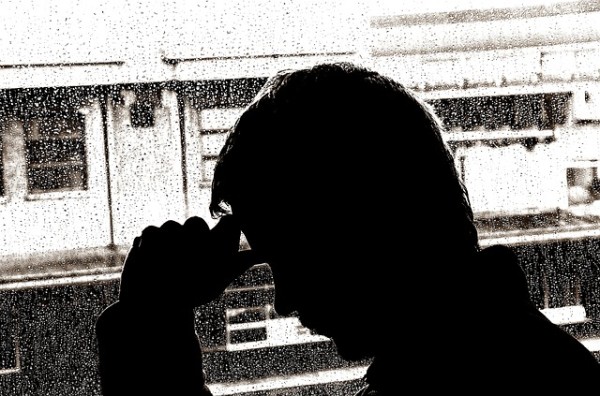In this piece from The Fil Am magazine, Asian American journalist Ryan Macasero opens up about his struggle with depression. He talks about how depression first set in during childhood and how free mental health services in college helped him overcome that depression. In his story, I see elements common among many stories about Asian American mental health.
One common element among many Asian American mental health stories is how family and relatives sometimes will not acknowledge that mental health problems even exist. I have had highly educated and accomplished Asian American colleagues tell me that they don’t think mental health problems exist. Sometimes I think this attitude comes from the stigma that mental health problems have with many Asian Americans. When Mascaro’s depression began taking a toll on his school performance, Macasero’s family and relatives told him his problems were “only in your mind.” Ironically true, but not in the way that they thought. Other responses were even worse. “Some relatives and friends would call me useless, worthless and dumb.”
While Macasero’s problems began in childhood, only in college did he began to receive help. Again, this is common. While Asian Americans are said to have lower overall mental health problems (I wonder if this is just from underreporting?), they are more unlikely to receive treatment. When I hear about Asian American college suicides or deadly rampages, I have to wonder if those could have been avoided by earlier and active treatment.
Another common element is Macasero’s generation. He is the child of immigrants, and some survey results say that second generation children are more likely to have mental health issues than their immigrant parents. I can see how the stresses of cultural conflict, felt acutely by the first generation born in the US, could lead to mental health conflicts.
One part of the his essay that struck me was his mention of how his mother worked crazy hours to get them “the best of life” and didn’t spend much with them. I have seen that in many Filipino and Filipino American families, from when I was a kid until now. Parents would work hard to get them the best “stuff” but miss out on supervisoring and nurturing their kids.
I think it’s great that Macasero is talking openly about his struggles. Given statistics like the high rate of depression in Asian American teenage girls, I hope it encourages more Asian Americans to seek help. Ryan Macasero currently works as a catering manager and as a freelance journalist who contributes to ethnic and community news sites.









